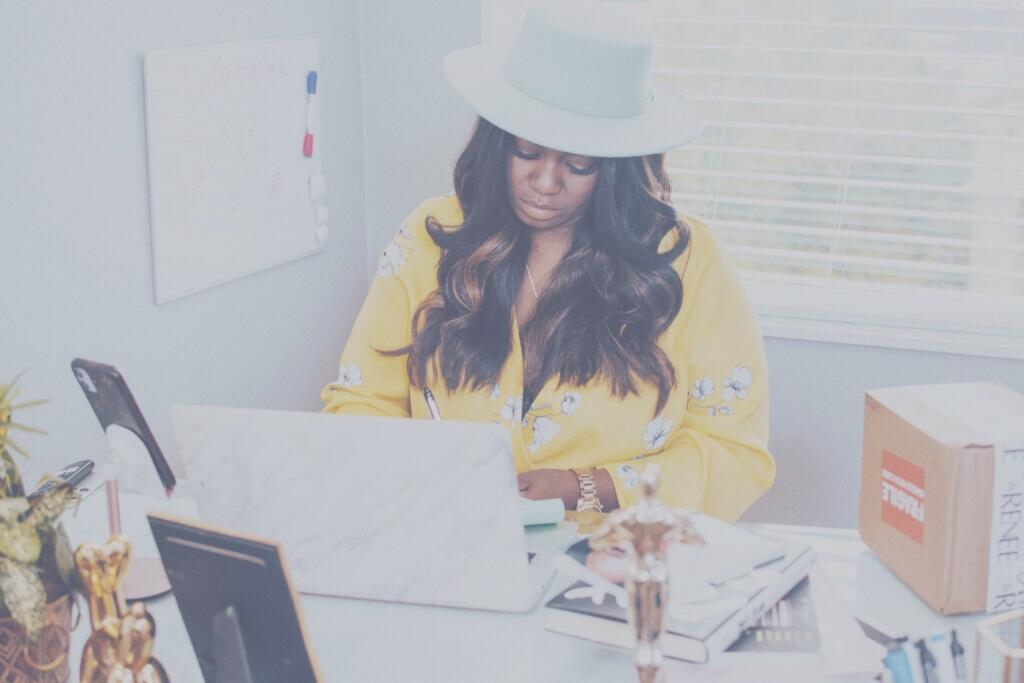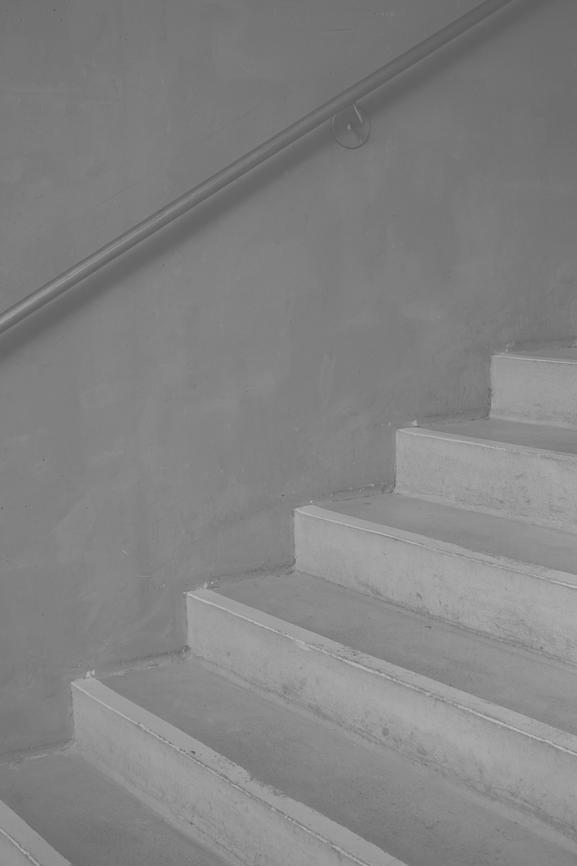In all of this talk about emergency funds, I want to mention a few other things you aren’t thinking about when it comes to your rainy-day savings. Again, the overarching premise is that you should keep your money in a very accessible (i.e., liquid) and safe place. These types of accounts may not pay very much interest, but they keep your money ready for you when you need it.
In addition to knowing where to put your money, here are four things you should also consider when it comes to your emergency fund.
- Think about what constitutes an emergency beforehand: Your emergency fund should only be used as a last resort in a true emergency. So use it for situations like a job loss, a unexpected medical procedure, or necessary repair. In addition, you should define other emergencies for yourself before the need arises. If you have a sense of what you will use the money for, it will prevent you from spending it in a non-emergency situation. Keeping this money separate from your regular checking account will also help guard against spending it on everyday living expenses.
- Base the amount saved on your expenses, not your income: Hopefully you find yourself in a situation where you spend less than you earn. And even if not, you still need to focus on three- to –six months of your essential living expenses, not your income. So things like your mortgage, debt, and insurance payments. You can leave out things like cable, the majority of your eating out, and your entertainment expenses. If worse comes to worse, you can cut out those parts of your budget.
- Start Slow: You’re likely not going to be able to save up the entire emergency fund immediately. You will have to slowly build up to three-to –six months. So start by making small, automatic payments into your newly established emergency fund account. That money will build automatically without you seeing it, which before you know it will get you where you need to be. You should also make larger deposits if you get a bonus or raise at work.
- Keep cash in your house: At some point, you may find yourself in an extreme emergency – something as big as a natural disaster or as small as losing your wallet – when you won’t have access to electricity, internet, or an ATM. Having cash in your house can help provide for your immediate need for food, shelter, or supplies. Just make sure to keep it in a safe place (where you’ll remember where it is) and have lower denominations that can easily be exchanged.
An emergency fund is an essential element of a strong financial plan. Start saving today to protect against derailing your financial goals.




